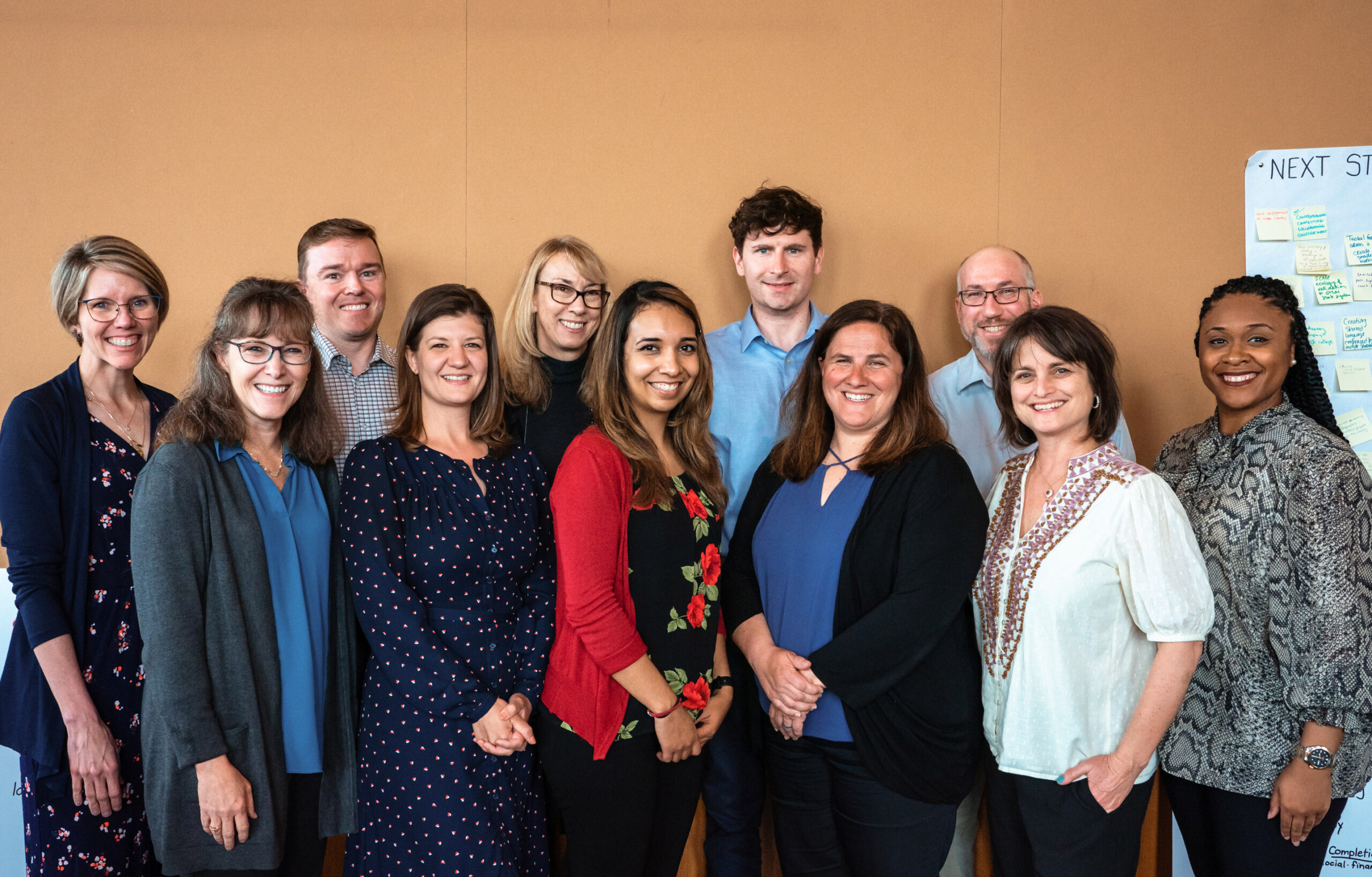by Jennifer Harvey, Joseph Kitchen, PhD, and PASS TEAM
Preparing low-income students for a successful career path is crucial, and career preparation is one of the key reasons why students pursue a post-secondary education. Research conducted as part of the PASS project identified several key approaches that facilitate the success of low-income students as they navigate their career path in college, highlighting the integral role of support from campus leadership, faculty, and practitioners. These key career development practices ranged from adopting asset-based, validating approaches to career support to comprehensive, ecological approaches to major and career development that are shown to increase student success.
While the PASS project identified several key approaches that successfully support career development, many low-income students face significant tensions as they navigate what it means to be a career professional. These tensions — which are often rooted in middle- and upper-class, White, masculine behaviors, language, dress, and norms — do not always resonate with their own lived experiences and social class backgrounds. This inspired several PASS project researchers, including Rosemary Perez, Genia Bettencourt, Liane Hypolite, and Ronald Hallett, to explore the professional socialization process for low-income, working-class students who were engaged in career and professional preparation as part of a college support program.
They found that career and professional preparation often highlighted ways to stand out, compete with peers, and focus on a narrow, formulaic set of skills, behaviors, and dress – including how to eat in a professional setting, how to shake hands, what to avoid talking about in professional settings (e.g., race, religion, political affiliation), and strict, gendered expectations for formal wear in a professional setting (e.g., suit for men, dress for women) that were normative and not universally relevant to all professions. Several recommendations for practice were developed as a result of this research that highlighted asset- and equity-oriented ways to support low-income students as they navigated career and professional development.
Jennifer Harvey of the University of Nebraska Kearney described how this research shaped their low-income student support practices to promote a stronger asset-, strengths-, and equity-oriented approach to professional development. She and her staff:
- Spent time reflecting on what they had been teaching and why they were teaching professionalism the way they were. Many of the staff members were from first-generation and limited income backgrounds, so what they taught was based on what they had learned as students. While their intent was to help students prepare for professional careers, they realized that their approach to professionalism had a very narrow focus and, at times, was deficit-oriented and not inclusive. After reflection, staff stopped using the word “professionalism” and started utilizing the phrase “career ready” with students.
- Reviewed all presentations, documents, and assignments used to teach career-readiness with a focus on current trends and inclusivity, including the incorporation of student assets to enhance their approach in a way that recognized the multiple possible ways to exhibit professionalism. One product was a career-ready attire document featuring “head to toe” images of program alumni from various professions displaying a wide array of workwear options. This was in an effort to recognize that there was not a universal professional dress code pertinent to all career fields (e.g., professional wear for a business person may look different from professional wear for a lab worker).
- Invited students to share their experiences and expertise as they grow in career readiness. Students may have engaged in job shadowing, mentoring, or other professional development that has led them to their major. They may have role models from their home communities or extended families who are guiding or encouraging them in majors/career pathways. They bring assets and aspirational capital with them that we must recognize and value as educators.
- Incorporated authenticity into their work in multiple ways. They made time to discuss “-isms” (classism, racism, ableism, sexism, etc.) that have long plagued workplace environments. Current events regarding “professionalism” were incorporated into their discussions so that students thought critically about performance versus their personal values in work settings. They empowered students to think of majors and careers based on what career culture they want that allows for them to be their authentic selves.
- Provided scaffolding into career-ready experiences that allowed students of varied developmental levels to practice, reflect, and apply their learning. For instance, staff hosted a networking event with program alumni and colleagues so that students could practice using non-verbal skills, making introductions, sharing elevator speeches, and generating conversations with “student-centered” strangers. Students had opportunities to reflect on that experience with staff and their peers and then applied their learning at a campus career fair.
- Celebrated student growth and development intentionally. Reflective practice with other students who validated one another’s strengths – as well as peer review of career ready materials, such as resumes, helped to highlight student effort over time. Their students were recognized at the end of the academic year at a community dinner with campus faculty and administrators, where they shared about their learning experiences, were “pinned” before introducing themselves by academic college, and then were split into groups with their academic deans to discuss experiential learning opportunities for the future.
1 Perez, R. J., Bettencourt, G. M., Hypolite, L. I., & Hallett, R. E. (2022). The tensions of teaching low-income students to perform professionalism. Journal of Diversity in Higher Education. https://doi.org/10.1037/dhe0000455








